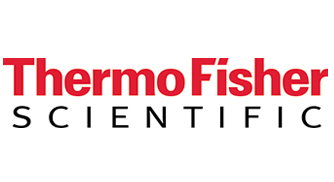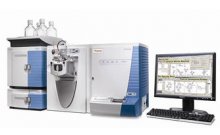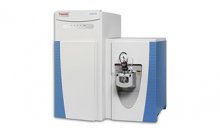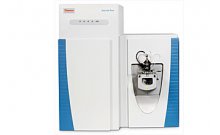液相色谱-高分辨质谱法对脂溶性海洋生物毒素非目标筛查
简介
Marine biotoxins are produced by naturally occurring microalgae, whose populations can increase significantly under certain environmental conditions to form a harmful algal bloom (HAB). During the incidence of a bloom, marine biotoxins pose a significant food safety risk when bioaccumulated in shellfish that are ingested by humans. Therefore, adequate testing for biotoxins in shellfish is required to ensure public safety and long-term viability of commercial shellfish markets.
The lipophilic marine toxins class includes the dinophysistoxins, azaspiracids, pectenotoxins, and yessotoxins. The compounds are structurally diverse, as shown in Figure 1, and thus do not contain a common UV chromophore or reactive functional group for fluorescence derivatization. Therefore, LC-MS is the method of choice for their analyses and several MRM-based methods have been reported.1-3
In response to the need for non-targeted methods that can potentially detect unknowns, high-resolution LC-MS has been successfully implemented for screening and quantification in food safety applications.4-6 The lower-cost, higher-mass accuracy, and ease-of-use of modern quadrupole time-of-flight (QTOF) and Thermo Scientific Orbitrap based mass spectrometers have made high-resolution systems viable alternatives to triple-quadrupole systems for routine analysis. After full-spectrum data acquisition, specificity is typically achieved by extracting narrow mass windows (ie. 2–5 ppm) centered around a list of target analytes. Using this approach, it has been demonstrated that a resolving power of 50,000 or greater is required for correct mass assignments in complex matrices.6 This report describes the use of the Thermo Scientific Exactive benchtop LC/MS system powered by Orbitrap™ technology for screening lipophilic marine biotoxins commonly found in shellfish.7 The method was optimized using a standard mixture of marine biotoxins, and then applied to a mussel tissue extract.
实验仪器
Thermo Scientific Accela High-Speed LC
Thermo Scientific Exactive benchtop LC/MS system powered by Orbitrap™ technology
结论
The Exactive benchtop LC-MS system was successfully applied to the screening of lipophilic marine biotoxins commonly found in shellfish. This non-targeted approach provides high-resolution data over the entire chromatographic separation, allowing detection of new or unknown compounds in addition to those of interest. Furthermore, the approach requires little method development, as settings are not tuned for individual analytes. Although the results described above were limited to a relatively small subset of biotoxins for which calibration standards are available, extending the approach to other toxins or toxin analogues can be simply accomplished by expanding on the target list of analyte masses during data processing.




